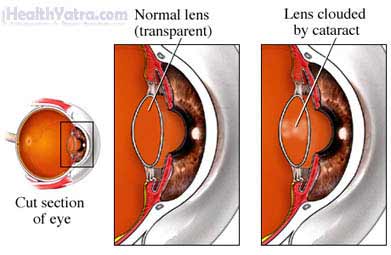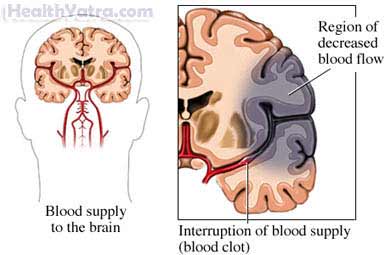Definition
Fabry disease is a metabolic disorder. It is caused by low levels of an enzyme called alpha galactosidase-A. This enzyme is needed to break down fatty substances. Because there are low levels of this enzyme, the fatty substances build up the blood and blood vessels. The build up slows or blocks blood flow to the organs. It can cause problems in the skin, kidneys, heart, and nervous system.
Causes
Fabry disease is caused by a problems in the genes. The specific genes that create the enzymes are faulty. The faulty gene is inherited from the parents.
Males who inherit the defective gene will have the disease. Females who have a single copy of the gene are called carriers. Most will not develop any symptoms but they can pass the gene to their offspring. However, some women do have symptoms. On occasion, women may be as severely affected as men.
Risk Factors
A factor that may increase your risk of Fabry is having family members with the disease.
Symptoms
Symptoms may begin in childhood or early adulthood. Common symptoms include:
- Pain and burning sensations in the hands and feet (often provoked by exercise, fatigue, or fever)
- Spotted, dark red skin lesions generally found between the belly button and the knees
- Inability to sweat
- Changes in the eyes (clouding of the lens of the eye, cataracts)

As adults, males may have the following symptoms or complications due to blood vessel blockage:
- Severe kidney problems
- Early stroke or heart attack
- Chest pain
- High blood pressure
- Heart failure, left ventricular hypertrophy
- Mitral valve prolapse or insufficiency
- Frequent bowel movements after eating
- Diarrhea
- Joint or back pain
- Ringing in the ears or dizziness
- Chronic bronchitis or shortness of breath
- Osteoporosis
- Delayed puberty or delayed growth

Diagnosis
Your doctor will ask about your symptoms and medical history. A physical exam will be done. Diagnosis is usually made on the basis of the symptoms listed above. A test to measure the enzyme or DNA test can confirm Fabry disease.
Treatment
There is no cure for Fabry disease. There is a medicine to treat the condition. The medication works as an enzyme replacement. It is given through an IV at regular intervals.
Treatment may also involve other medicines to reduce symptoms such as:
- Pain—may be over-the-counter or prescription medications
- Stomach hyperactivity
- Heart disorders—including blood thinners, medication to manage arrhythmias
The kidney may be damaged from blood flow problems. They may require:
- Hemodialysis—if the kidneys are not able to function fully
- Kidney transplantation —if kidney failure has occurred
Prevention
There is no known way to prevent Fabry disease. Consider genetic counseling if you have Fabry disease or have a family history of the disorder. The counselor can show you the risk of passing the condition on to your child.
